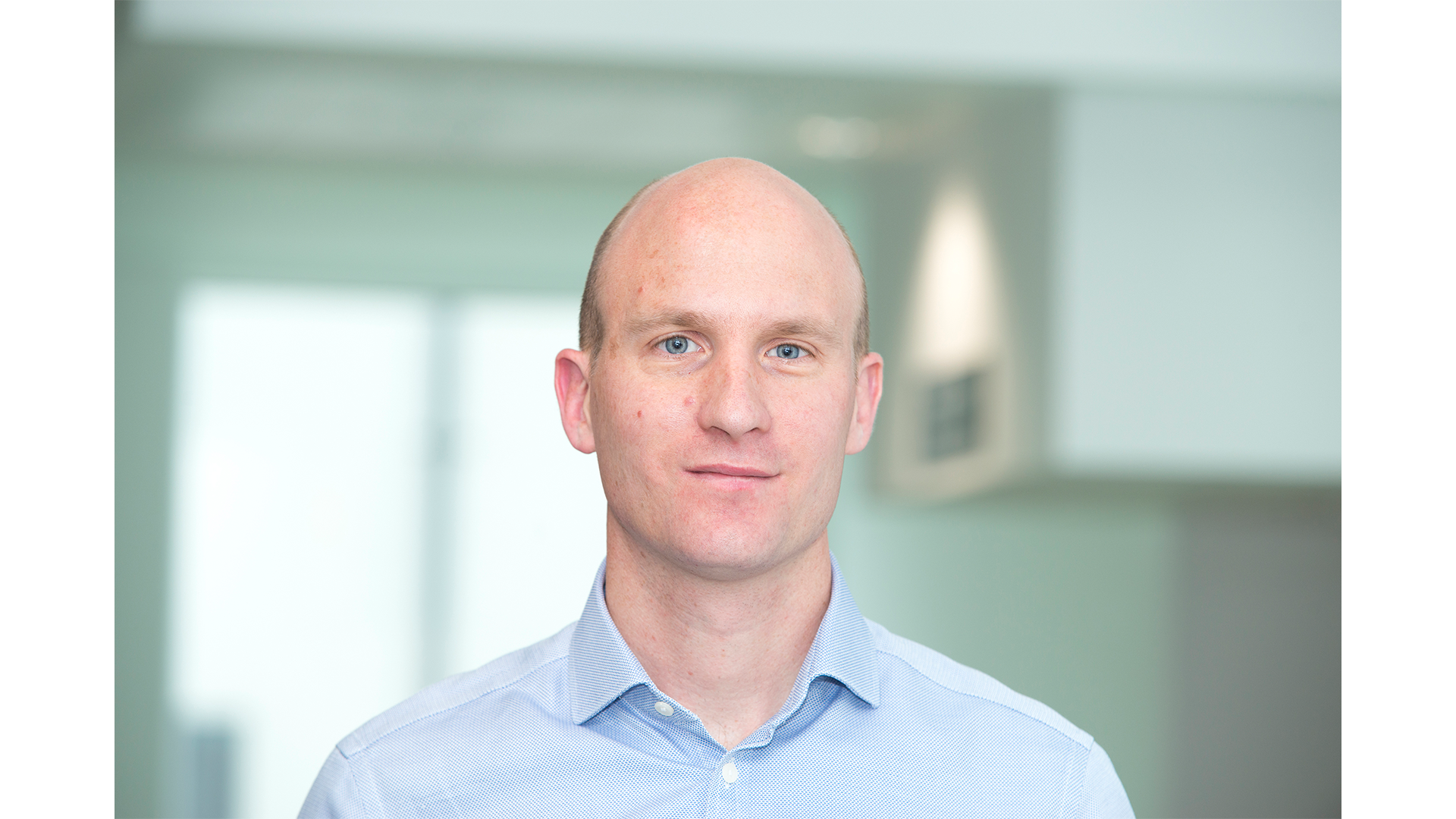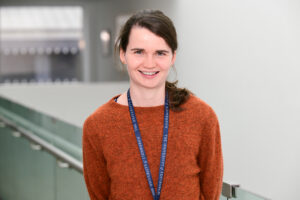Edinburgh Clinical Academic Track programme

With applications being sought for the University of Edinburgh’s prestigious ECAT-i programme (Edinburgh Clinical Academic Track – inclusive), we spoke to former and current participants to find out more about how the posts have benefited them.
Paul Brennan, Professor of Clinical and Experimental Neurosurgery at the University of Edinburgh and Honorary Consultant Neurosurgeon at NHS Lothian, was among the first cohort joining the ECAT programme in 2008.
He graduated in Medicine in 2003, and as part of his degree had intercalated in an experimental pathology degree, which involved spending nine months in a lab. Prior to that, he had also spent a summer in a rodent neurophysiology lab and so at the time of applying for an ECAT Clinical Lectureship, he had a reasonable amount of lab experience.
“ECAT was a new concept when I applied,” he says. “At the time most PhD opportunities appeared tied to a small number of medical specialities, not including neurosurgery. ECAT funding went to the individual PhD candidate rather than the supervisor, so for craft specialties that were otherwise underrepresented in research, it seemed a unique opportunity to do laboratory research.”
His ECAT PhD began in 2009 at the Edinburgh Cancer Centre in what is now the Institute of Genetics and Cancer.
“My PhD was based in cancer cell biology, focused on glioma, the most common type of brain tumour,” he says. “I worked on transgenic murine models and patient-derived cell lines, investigating the cellular and molecular origins of glioma and developing high throughput drug screening platforms.
“The main benefit to me was that I was the person being funded, not a particular group leader or department, so I had total freedom to develop the PhD project I wanted, in the best lab for me. That’s still a fairly unique opportunity compared to the rest of the UK.”
In his job, which also includes being Clinical Director of Neurosurgery, he combines his clinical neurosurgical practice with research, spanning the laboratory and clinical trials.
“I wouldn’t be in my current role without the ECAT programme. I’m sure I would have done a PhD, but not with a lectureship built in, and not with the opportunities for cross disciplinary research that ECAT opened up.
“The lectureship marked out my pathway from PhD to completion of my surgical training, and helped me leverage support to carry on with laboratory research when I had huge clinical pressures and the pressure of the neurosurgery fellowship exam. The research I developed from ECAT helped me transition into a senior lectureship post and then to build to my current position.”
More than 15 years later, he says the ECAT brand is well known and opens up unique opportunities for both PhD study and beyond.
“Each person I’ve met on the programme has been unique with a broad range of medical specialties, project types and career ambitions There is no ‘typical’ ECAT person.”
Neurologist Patrick Kearns, who is currently completing his PhD as part of his ECAT Clinical Lectureship, found his project completely overtaken by the Covid-19 pandemic.
“This time five years ago, I was putting a lot of time and effort into what my PhD would be about, but by the time it started in August 2020, it looked very different,” he says. “I wanted to work on something related to the Epstein-Barr Virus, understanding how it persists in people and hides from the immune system. Not many people thought it was a good idea but with ECAT, if you can argue your case, they will give you some latitude which is why I chose it over other programmes. That’s quite a unique aspect of ECAT.
“The first year started off well and then became completely derailed by Covid. No one was allowed into labs to do anything that wasn’t Covid-related so I spent the first year-and-a-half trying to understand why Covid was making some people sick, while others were fine.
“It was good as it meant I actually got into the lab, but it also meant I spent a long time working on something that wasn’t my primary focus and it became clear that I needed to extend my PhD to do an extra year focusing on various things I had originally wanted to spend more time on. The ECAT administrative side of things was what made that possible, both in terms of getting the funding extended and dealing with the clinical approval process.”
Patrick is currently finishing his clinical training at the same time as finalising his PhD.
*ECAT gives you a day a week to continue doing some research after you’ve done your PhD,” he says. “That’s really important. I’m enjoying the change of pace. It feels like the next chapter.”
Although it has taken him longer than he originally anticipated, he says having the time and resources to do the PhD has been completely transformational.
“One of the things about clinical medicine, and particularly neurology, is you meet these unsolved problems all the time – maybe 25 per cent of patients don’t have a diagnosis and another 50 per cent or so, you don’t really understand the condition: who gets it and why. There’s a lot of discovery to be done. Having a really good PhD through the ECAT programme gives you an opportunity to go about asking the right questions and answering them.
“If you’re interested in acquiring a whole new set of skills and being a clinical academic, I would definitely recommend applying. You don’t have to have tonnes of research experience; you have plenty of time to get good at something if you’re willing to work at it.”
As one of the newest participants on the programme, Josie Robertson is doing her PhD in Riccardo Marioni’s research group.

Josie Robertson
Josie, who was part-way through her specialist anaesthetics training in NHS Lothian when she applied for ECAT, says: “The scheme provides several benefits, first of which is the opportunity and time to explore the diverse range of research topics available in the University before selecting a PhD topic. This allows you to fully consider the balance of research topic, skill development and research environment with help from ECAT directors when choosing a PhD project.
“As part of the ECAT scheme, there are annual meetings which foster across and between cohort connections, valuable both for discussing your research plans and results but also for building networks which are invaluable for navigating the sometimes challenging demands of integrating academic and clinical work.
“Finally, on completion of the PhD and return to clinical training, the ECAT scheme provides 20 per cent time for research, which is valuable time to develop your own research ideas, fellowship applications and make plans for the next stage of your career.
“The network of current and past ECAT fellows and ECAT directors is a testament to both the success of the scheme and the wealth experience of people involved. Being part of that community is an incredible opportunity to start a clinical-academic career.”



